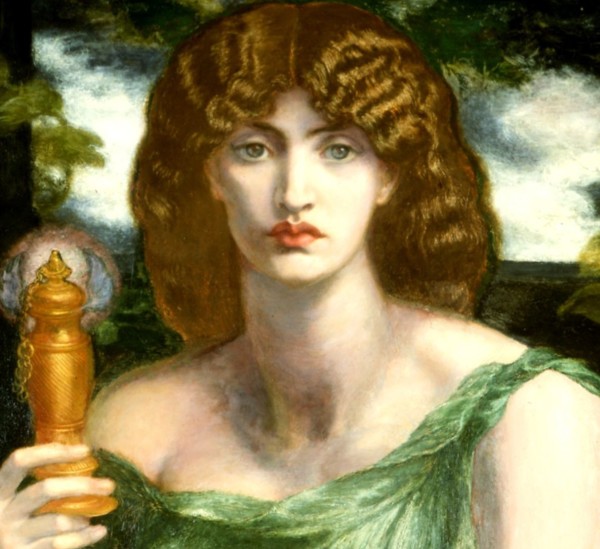
At one point, Kvothe from The Kingkiller Chronicle says he has been given “a memory so clean and sharp I have to be careful not to cut myself sometimes.”
Mnemosyne was the Greek goddess of memory. She was daughter of the Titans Uranus and Gaia and, interestingly, was the mother of the Nine Muses.
Lethe is one of the rivers in Hades (and sometimes, as in Hesiod‘s Theogeny, a goddess of the same name associated with the river and daughter of Eris.) The word “lethe” means “oblivion”, “forgetfulness”, or “concealment” whereas the word “alethia” means “truth”. There’s a chance you might recognize the word as the root of Lyra’s “alethiometer” in Philip Pullman’s His Dark Materials trilogy.
So, “truth” is literally “unoblivion” or “unforgetfulness” or “unconcealment”. I’m fascinated by how the Greeks defined truth as the opposite of something else. I would have thought that it was so fundamental that it would be it’s own first order concept. English has a similar situation where our term for “books which are true” is “non-fiction”.
The cult of Orphism, inspired by the poetry of Orpheus, believed in “metempsychosis“. (This is related to the “transmigration of souls” discussed by Arthur Schopenhauer and Kurt Gödel and Friedrich Nietzsche.) Dead souls would drink from the river Lethe to wipe out memories of their past lives when reincarnated. However, Orphic initiates were taught instead to drink from a river (or pool) presided over by Mnemosyne—the river of memory—in order to stop their transmigration.

Wait – Kurt Gödel had a theory on transmigrated souls?
I find this notion to be NP hard and am left with a deep feeling of incompleteness.